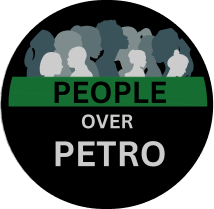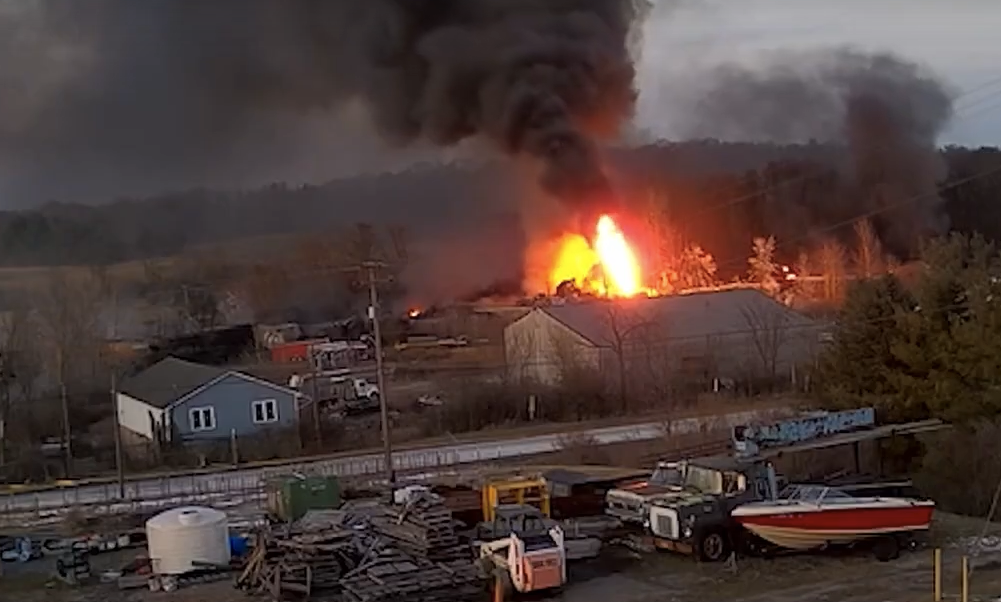When a disaster strikes, like a chemical spill or an explosion, the immediate question is whether the air is safe to breathe and the water is safe to drink. Elected officials and corporations alike are quick to declare an area “safe” without considering the diverse needs of its community members – including those who are disabled.
Evacuation plans often fail to consider those who cannot easily leave their homes, whether due to disabilities or lack of accessible transportation. Shelters must comply with ADA requirements, at a minimum, for people with disabilities to maintain their independence in times of crisis. The long-term effects of exposure to petrochemicals can even lead to new disabilities or exacerbate existing health conditions.
This creates a vicious cycle where the most at risk become even more susceptible to harm. Most people with disabilities never even return home, according to Census data.
This is why inclusive disaster planning and accessible communication are lifelines for the disabled community.
(Click to Expand) Disability and Disaster Archive: East Palestine Train Derailment
This is the first installment in the Disaster & Disability Archive Project, focusing on the East Palestine train derailment. The Disaster and Disability Archive Project will aim to capture the lived experiences of people with disabilities during and after a major disaster. Disabled people must navigate a world that wasn’t built for them, and these structural issues only become worse when disaster strikes. The project will amplify disabled voices and use their wisdom to help influence policy that will protect the most vulnerable when disaster strikes.
Access the Document from POPCO & The Partnership For Inclusive Disaster Strategies
This document, “Petrochemical Disasters on Our Warming Planet: Disability Centered Guidance for Emergency Planning,” offers vital information and strategies for individuals, local governments, and industry stakeholders. It emphasizes the importance of inclusive disaster planning, accessible communication, and the specific needs of disabled community members during petrochemical emergencies.
We encourage you to review this essential resource to better understand the challenges posed by petrochemical disasters and learn how to prepare for and respond to these events in a way that protects all community members, especially those most vulnerable. Together, we can work towards safer, more resilient communities in the face of environmental threats.

